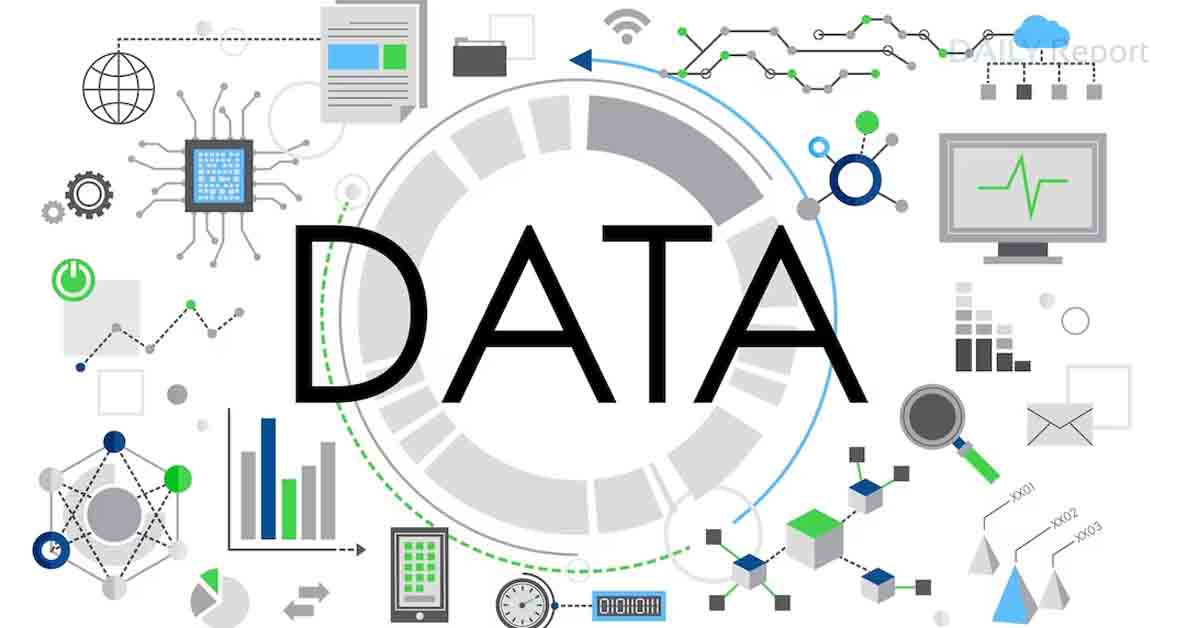The Influence of Big Data in Decision-Making Processes 2023
In today’s data-driven world, the emergence of big data has revolutionized the way organizations make decisions. Big data refers to the massive volume of structured and unstructured data that is generated from various sources such as social media, sensors, mobile devices, and transactional systems. This abundance of data has created both challenges and opportunities for decision-makers. In this blog, we will explore the influence of big data in decision-making processes and how it has transformed the business landscape.
1. The Evolution of Big Data
The concept of big data has been around for decades, but it wasn’t until recent years that it gained significant attention and importance. The proliferation of digital technologies and the internet has led to an exponential growth in data generation. Traditional data processing techniques were ill-equipped to handle such large volumes of data, giving rise to new technologies and tools designed specifically for big data analytics.
2. The Role of Big Data in Decision-Making
a) Enhanced Data Collection and Storage: Big data enables organizations to collect and store vast amounts of data from multiple sources. This allows decision-makers to access a wider range of information and gain deeper insights into various aspects of their business.
b) Improved Decision Accuracy: With big data analytics, decision-makers can analyze large datasets to identify patterns, trends, and correlations that might not be apparent with smaller datasets. This leads to more accurate decision-making and reduces the reliance on intuition or gut feeling.
c) Real-time Insights: Big data analytics can provide real-time insights into business operations. Decision-makers can monitor key performance indicators, track customer behavior, and detect anomalies promptly. This agility enables organizations to make timely decisions and respond quickly to market changes.
d) Personalized Decision-Making: Big data enables organizations to capture and analyze individual customer preferences, behaviors, and demographics. This information can be used to personalize marketing campaigns, tailor product offerings, and provide a more personalized customer experience.
e) Risk Analysis and Predictive Analytics: By analyzing historical data, big data analytics can help organizations identify potential risks and predict future outcomes. This is particularly valuable in industries such as finance, insurance, and healthcare, where accurate risk assessment is crucial for decision-making.
3. Challenges of Big Data in Decision-Making
Despite its many benefits, big data also presents several challenges that decision-makers must address:
a) Data Quality and Integration: Big data comes from diverse sources, and ensuring data quality and integrating different datasets can be complex. Decision-makers need to invest in data governance and quality control processes to ensure the reliability and consistency of the data.
b) Privacy and Security Concerns: Big data often contains sensitive information, and organizations must prioritize data privacy and security. Compliance with data protection regulations, such as the General Data Protection Regulation (GDPR), is essential to build trust with customers and protect their personal information.
c) Talent and Skills Gap: The effective utilization of big data requires skilled data scientists and analysts. However, there is a shortage of professionals with the necessary expertise. Organizations need to invest in training and hiring the right talent to harness the full potential of big data.
d) Ethical Considerations: The use of big data raises ethical concerns related to privacy, bias, and discrimination. Decision-makers must ensure that the data they use is obtained and analyzed ethically, and that decisions are made with fairness and transparency.
4. Case Studies: Big Data in Decision-Making
Let’s explore a few real-world examples that highlight the impact of big data in decision-making:
a) Netflix: The online streaming giant leverages big data to personalize recommendations for its subscribers. By analyzing user preferences, viewing history, and ratings, Netflix can suggest relevant content to each individual, improving customer satisfaction and retention.
b) Amazon: The e-commerce giant uses big datato optimize its supply chain and improve customer experience. By analyzing data on customer behavior, inventory levels, and shipping patterns, Amazon can predict demand, manage inventory efficiently, and offer fast and reliable delivery services.
c) Google: As a search engine and digital advertising platform, Google relies heavily on big data for decision-making. By analyzing user search queries, browsing behavior, and ad interactions, Google can deliver targeted advertisements to its users, maximizing the effectiveness of its advertising platform.
d) Healthcare: Big data analytics is transforming the healthcare industry by enabling better decision-making in patient care. Electronic health records, medical imaging data, and genetic information can be analyzed to identify trends, predict disease outcomes, and personalize treatment plans.
5. Future Trends and Implications
The influence of big data in decision-making processes is expected to grow even further in the future. Here are some key trends and implications to consider:
a) Artificial Intelligence (AI) Integration: Big data and AI go hand in hand. AI algorithms can process and analyze large datasets much faster than humans, enabling more accurate predictions and decision-making. The integration of big data and AI technologies will become increasingly common.
b) Internet of Things (IoT) Expansion: With the proliferation of IoT devices, the amount of data generated will skyrocket. Decision-makers will have access to real-time data from a wide range of sources, allowing for more precise and timely decision-making.
c) Privacy and Ethical Concerns: As big data continues to grow, privacy and ethical considerations will become even more critical. Organizations will need to establish robust data governance frameworks, comply with regulations, and prioritize ethical decision-making.
d) Democratization of Data: The democratization of data refers to making data accessible to a wider audience within an organization. As data literacy becomes more prevalent, decision-making processes will involve more stakeholders, empowering employees at all levels to make data-driven decisions.
Conclusion
Big data has undoubtedly transformed the decision-making landscape across various industries. The ability to collect, store, and analyze vast amounts of data provides decision-makers with unprecedented insights and opportunities. However, it also comes with challenges that need to be addressed, such as data quality, privacy concerns, and ethical considerations. As organizations continue to embrace big data and leverage advanced analytics technologies, decision-making processes will become more data-driven, accurate, and agile. The future holds exciting possibilities as big data continues to shape the way we make decisions in both business and society as a whole.







